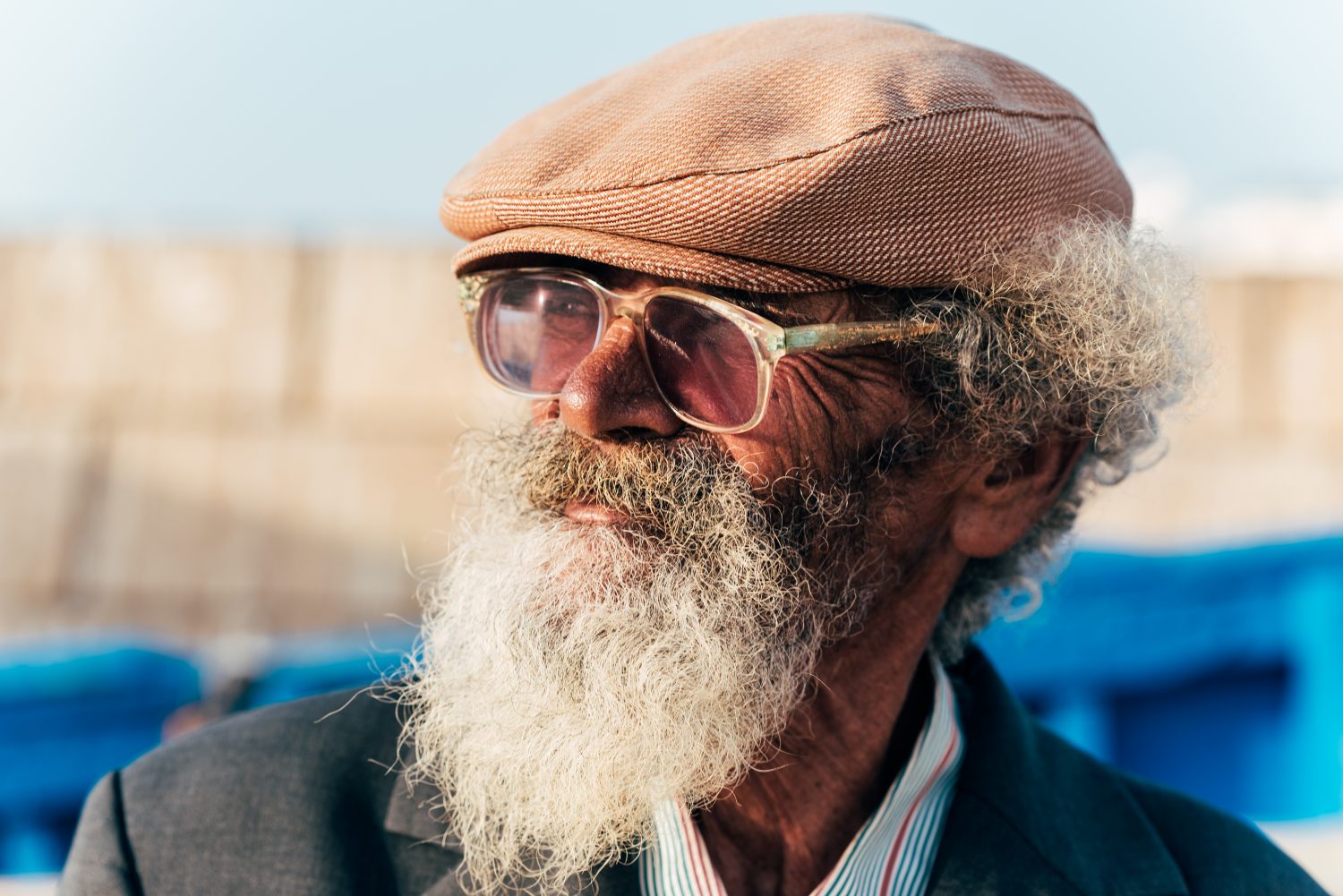Our World

We live in unprecedented times with the demographic upheavals of population ageing, globalization, migration and urbanization driving significant environmental and societal change. Alongside these trends are the threats and consequences of non-communicable diseases including cardiovascular diseases, cancers, diabetes, and respiratory diseases which are significant for the individual and society but also government investment and expenditure.
Population ageing should be cause for great celebration with the average life expectancy increasing in many countries around the world, with medical advancement, migration and falling fertility rates. By 2050, the world’s population aged 60 years and over is projected to reach ~2.1 billion, with one in six people over age 65 years (16%).
A longer life in poor health is not a reward but rather a burden for the individual, as often their family and society. Every person – in every country in the world – should have the right and the opportunity to live a long and healthy life. The rights of older people are human rights.
Healthy ageing is the process of developing and maintaining the functional ability that enables well-being in older age. It is about creating the environments and opportunities that enable people to be and do what they value throughout their lives. Functional ability is the intrinsic capacity of the individual, relevant environmental characteristics and the interaction between them.
Longer lives bring great opportunities, including the possibility of rethinking growing older in an ever-changing environment. IFA is aligned with the WHO Strategic Priorities, WHO Global Strategy and Action Plan on Ageing, the UN Sustainable Development Goals and the UN Decade of Healthy Ageing.


